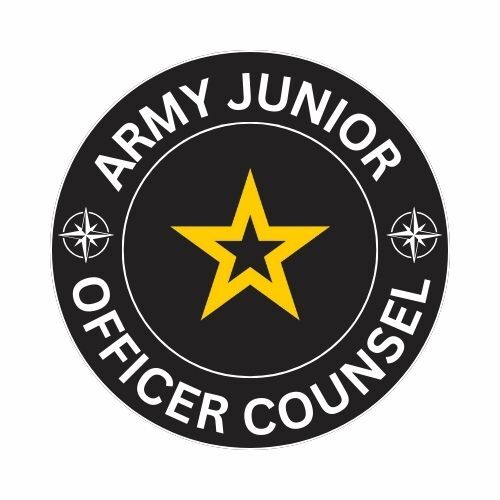Traits of Successful Leaders — Decision Making
“A true leader has the confidence to stand alone, the courage to make tough decisions, and the compassion to listen to the needs of others. He does not set out to be a leader, but becomes one by the quality of his actions and the integrity of his intent.”
– Douglas McArthur
There is an amazing, less known, story of 9/11. As people were trying to escape from the World Trade Center area after the terrorist attacks, they were blocked by the water. Boat captains in the area realized the plight and started to act. They brought whatever type of boat they had, big and small, to join in the efforts. This inspired others to join in the efforts. The boat captains did not wait until someone in a position of authority or the US Coast Guard arrived to make a decision. They rallied together and took action based on the information they had at that time. In the end, they rescued more than 500,000 people in less than 9 hours. It was the largest sea evacuation in history. Yet, it started with a few people stepping up and making a decision on their own.
What can we learn from the 9/11 boatlift? Leaders make decisions, sometimes in the absence of information or the presence of a formally recognized leader. This has been a common theme throughout the “Traits of Successful Leaders” series. In Character I discussed the importance of moral/ethical decisions, in Mission Accomplishment how failure paralyzes decision making, and in Be the Example the importance of decision making both on and off the clock. Leaders are expected to analyze information and make the best decision possible. They need to know when to seek out additional information, how to best evaluate information, and when to not wait any longer and just make a decision. The maxim goes that a 90% solution now may be better than a 100% solution tomorrow.
Leaders in today’s global world may often operate away from their boss’ direct supervision. This requires leaders to be comfortable at making decisions on their own. Inaction can sometimes be worse than taking an action without all of the information. Another common reason for not making a decision is over analyzing the information, often called analysis paralysis. Both analyzing information and gathering additional information are useful and necessary skills every leader needs. However, they can become inhibiting when used to excess. Leaders must be comfortable making decisions on their own, potentially without all of the information or a full analysis of every conceivable microgram of data. Not only do I expect leaders to make decisions, but I also expect them to make many decisions in my place if I am not around. Seizing the initiative can be powerful and the momentum can carry an organization. The thing with opportunity is that once it passes, it may not come back.
If you are interested in watching a short documentary of the 9/11 boatlift, you can view it here: https://www.youtube.com/watch?v=18lsxFcDrjo
———
In this series we will explore characteristics of successful leaders. Here is our list of traits so far:
Which characteristics do you think are the most important? Do you agree with our list so far? Comment below and tell us what we have right, what we have wrong, and what we should add.
———
Chad Plenge teaches leadership psychology at the United States Military Academy and develops high potential leaders with the US Army’s Center for Junior Officers. He holds a Master of Arts in Organizational Psychology from Columbia University, a Master of Business Administration, and a Bachelor of Science from the United States Military Academy. Chad is a certified Project Management Professional and an active duty officer in the US Army. In his free time, he serves as the President of the board of directors as well as an Assistant Director for a non-profit organization.



